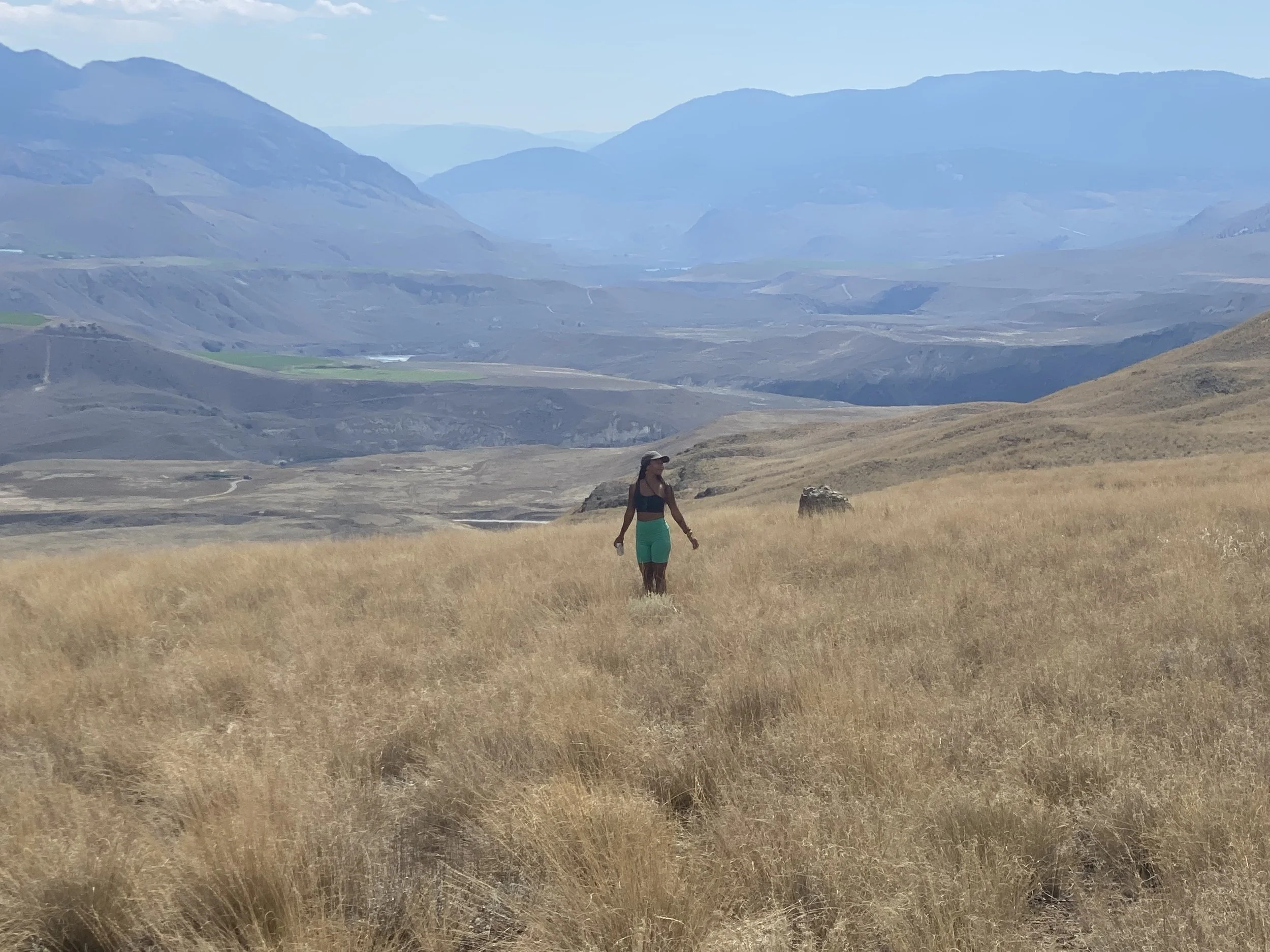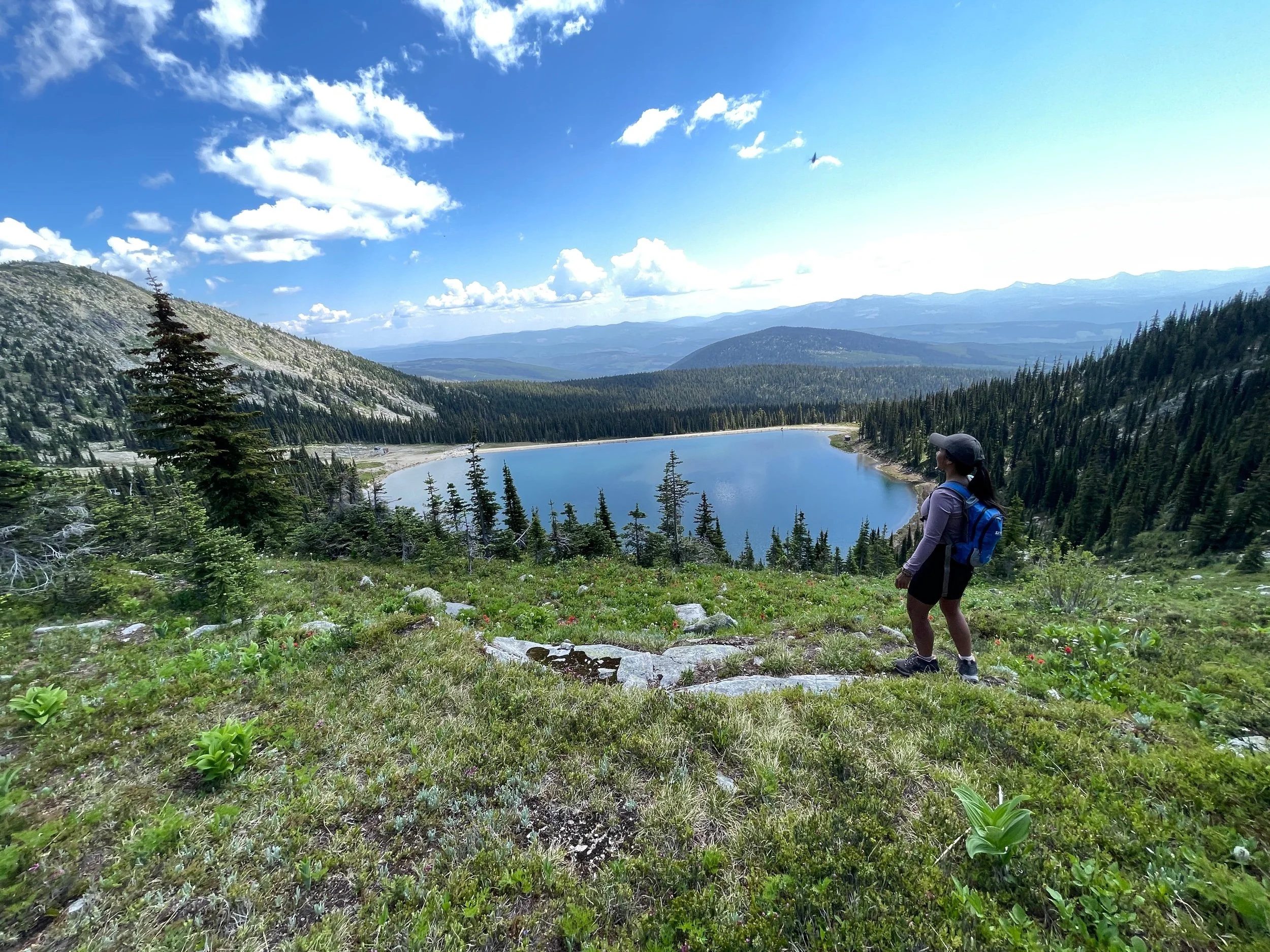Recovering from Post-Hike Fatigue After a Long Day of Hiking
Nothing quite beats the feeling of accomplishment you get after successfully completing a long hike — or the feeling of utter exhaustion that sometimes follows.
While immersing yourself in nature and beautiful environmental landscapes can be a rejuvenating experience, it is incredibly important to practice the right self-care after the fact.
Even the most seasoned of hikers can experience their fair share of post-hike fatigue, be it from hunger, exhaustion, soreness, or a combination of the three.
If you find yourself collapsing into bed after a long day on your feet and on the trails, you’re not alone.
The key is to take the time — no matter how tired you are — to care for your body and make sure you set yourself up for a proper recovery over the coming days.
In this article, we explore why post-hiking recovery matters and five ways you can help your body to rest and recuperate after a long day on the trails.
Keep reading for practical tips for post-hike recovery!
Why Recovery Matters
After pushing your body to its limits during a strenuous hike, you need time to heal and rest.
Recovery is a crucial part of staying healthy and living an active lifestyle. When you neglect to let your body properly recover, you can experience unwanted symptoms like increased soreness, extreme fatigue, and even minor injuries (like sprains or strains).
For many active people, it can feel tempting to try to rush through recovery — but recovery is not about bouncing back as fast as you can, it’s about ensuring you are protecting your health long-term.
With the right mix of self-care, nutrition, hydration, and rest, you can effectively heal your body and return to your next trail better than ever.
Take a Hot Bath or Shower
Right when you return home, one of the simplest things you can do to kickstart your recovery is with a hot bath or shower. Warm water does wonders to soothe your muscles and joints, particularly following a strenuous activity that has worked your muscles to their limit.
If you have a bathtub, preparing a hot bath can be the best way to relax and alleviate some initial soreness you may be feeling. You can add extra healing to your bath with Epsom salts or essential oils to enhance the relaxation experience and add a bit of aromatherapy to your bathing experience.
However, a hot shower can also be incredibly relaxing, especially if you take the time to give yourself time to breathe in the warm air and pay attention to your breathing.
Not only will you physically benefit from this, but it's also a wonderful way to mentally unwind and reflect on your hiking triumphs.
Eat Food for Fast Recovery
Your body requires proper nutrition to recover effectively.
After a tiring hike, it’s best to eat foods that are rich in nutrients and offer a blend of carbohydrates, proteins, and healthy fats. For an extra boost, consider incorporating healthy supergreens into your diet. Supergreens come in both raw and powdered forms. These nutrient-packed powerhouses can aid in reducing inflammation, boosting your immune system, and accelerating muscle recovery.
Some common supergreens include spinach, kale, bok choy, spirulina, chlorella, and wheatgrass.
Have a Complete Rest, Sleep, or Relaxation Period
Rest is your body's best friend after a demanding hike.
Whether it's a full night's sleep or simply lying down and allowing your body to recuperate for a few hours, rest is non-negotiable. Your body not only regains energy during sleep but also gives your natural healing processes time to repair your muscles as you sleep.
The average person needs between 7 to 9 hours of sleep per night to be well-rested. If you are overly exhausted, however, some additional sleep may be in order.
Additionally, mindful and non-demanding relaxation techniques such as deep breathing, meditation, or gentle yoga can contribute to your overall recovery.
Rehydrate and Replace Fluids
Hiking can lead to significant fluid loss through sweat, especially on hot, sunny, and challenging trails.
Proper hydration is paramount for recovery, as is replacing the fluids you lost during a hike. Along with replenishing your fluids with water, you should also drink electrolyte-rich beverages or natural fruit juices to replenish your body’s energy stores and boost your healing capabilities. Also try the High Above hydration vest in order to stay optimized during your hike.
In addition to rehydrating your body, adequate hydration helps flush out toxins, prevents muscle cramps, and ensures your body's is functioning optimally.
Exercise or Stretching
While it might seem counterintuitive, gentle exercise or stretching can actually aid your recovery process.
Light activities like walking, easy cycling, or gentle yoga can enhance blood circulation, which helps deliver essential nutrients to your muscles for repair. Plus, these light exercises can help you you’re your sore muscles in a gentle way that maintains your mobility as you recover.
Incorporate dynamic stretches to improve your flexibility and relieve any tightness or soreness. Focus on major muscle groups — like your calves, quads, hamstrings, and hip flexors — that you use heavily while hiking. Additionally, if you were carrying a heavy pack while hiking, make sure to give your back some extra love and care while stretching.
Final Thoughts
Completing a difficult hike is a remarkable achievement, but the journey doesn't end at the summit.
Embracing proper recovery techniques is the key to optimizing your post-hike recovery. From taking soothing hot baths and fueling your body with nutrient-rich foods to prioritizing rest and hydration, each recovery strategy plays a vital role in maintaining your physical well-being.
Remember to always bring adequate snacks and water on your next hike to enable a faster recovery!












